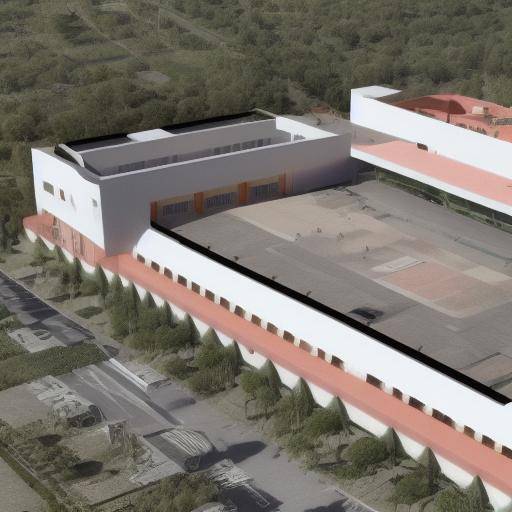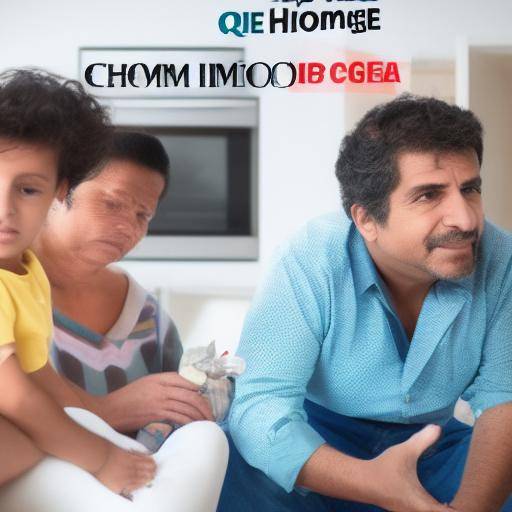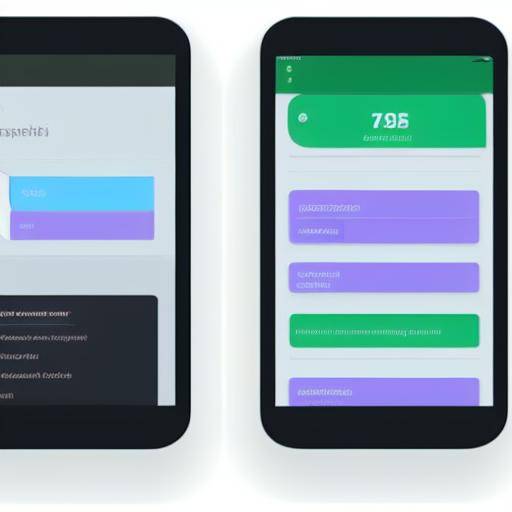
Family stability is fundamental to the well-being of its members. The way we manage our budget can have a significant impact on this stability. The proper management of the budget can bring with it a number of benefits, provide financial security and promote harmony at home. In this article, we will explore in depth how the budget can influence these crucial aspects of family life, providing valuable information, practical advice and detailed analysis.
Benefits of Family Budget
The establishment and monitoring of a family budget entails a number of tangible benefits for the family. Some of the main benefits include:
- Financial Control: The budget provides a clear view of income and expenditure, allowing greater control over family finance. This can reduce financial stress and promote tranquility.
- To achieve financial goals: By assigning resources in a conscious way, the family budget can help the family achieve short- and long-term financial goals, whether it is the purchase of a home, the education of children or an emergency fund.
- Debt reduction: An effective budget can help identify areas where spending can be reduced and more resources allocated to pay debts, which contributes to improving the financial stability of the family.
Financial Security Through the Budget
Financial security is a fundamental pillar of family stability. The budget plays a crucial role in creating this sense of security through various aspects, including:
- Emergency reserve: A well-structured budget allows a portion of family income to be allocated to an emergency fund, providing a financial mattress in case of unexpected situations such as job loss or unexpected medical expenses.
- Future preparation: The family budget can allow planning and savings for long-term goals, such as retirement or child education. This provides a sense of security and prepares the family for future eventualities.
Family Harmony and Budget
Effective budget management can promote harmony at home by reducing financial stress and fostering communication and collaboration among family members. Some ways in which the budget can contribute to family harmony include:
- Open communication: The establishment of a family budget requires dialogue and joint planning, which encourages open communication among family members. This can strengthen family ties and mutual understanding.
- Conflict reduction: Financial planning can minimize money and expenditure disputes, contributing to a more peaceful and harmonious environment at home.
Psychological Benefits of Family Budget
In addition to tangible financial benefits, the family budget can also have a positive impact on the emotional and psychological health of family members:
- Stress reduction: Financial control that provides a budget can reduce stress related to economic concerns, which contributes to a more peaceful and balanced environment in the home.
- Empowerment: The feeling of having control over the financial situation can strengthen the self-esteem and confidence of family members, which influences an improvement in family dynamics.
Implementing a Successful Family Budget
Despite the multiple benefits that the budget can bring to family stability, effective implementation can present challenges. Some practical tips for creating a successful family budget include:
- Engaging the entire family: Active participation of all family members in the creation and monitoring of the budget fosters greater responsibility and commitment to common financial objectives.
- Flexibility and adaptability: It is important to recognize that family situations over time, so the budget must be flexible and able to adapt to new circumstances, such as changes in unforeseen income or expenditure.
- Financial education: Promoting financial education within the family can strengthen understanding of the importance of the budget and foster a healthy financial mentality among all members.
Practical Tips to Keep Harmony Through the Budget
In addition to financial planning, specific practices and approaches can contribute to fostering domestic harmony through the budget:
- Establishing common goals: Defining shared financial goals and working together to achieve them can strengthen collaboration and the sense of union in the family.
- Prioritizing quality time: By reducing financial stress through an effective budget, the family can focus on enjoying meaningful and quality family experiences.
Importance of Communication in Family Stability
Effective communication around the budget is essential for maintaining family stability. Some strategies to improve financial communication include:
- Schedule regular meetings: Set specific moments to review the budget and discuss financial objectives provides structure and promotes transparency in communication.
- Fostering openness: Creating an environment in which all family members feel comfortable expressing their concerns and views on financial issues helps to avoid misunderstandings and conflicts.
Conclusions and prospects Futures
In conclusion, the family budget has a significant impact on family stability by providing financial benefits, security and harmony. The establishment of a solid budget not only promotes financial control and preparation for the future, but also strengthens family ties and reduces stress. Open communication, financial education and collaboration are key components for the successful implementation of a family budget. Looking forward, the role of the budget in family stability will remain crucial, and its importance will remain recognized and valued.
Frequently asked questions
**1. How can I involve my children in the family budget process?**Involving children in the family budget process can be educational and strengthen their understanding of the value of money. An effective strategy is to assign financial responsibilities appropriate to your age, such as saving for a toy or managing a small amount of money for your personal expenses. This teaches them the importance of financial planning and decision-making.
**2. What are some useful tools or applications to manage the family budget?**There are several tools and applications available to help manage the family budget, such as Mint, YNAB (You Need A Budget) or PocketGuard. These tools use categories to track expenditures, set targets and provide cash flow reports, which facilitates monitoring and control of family finances.
**3. How can I start a budget conversation with my partner if we have different financial approaches?**It is important to address these discussions with empathy and respect for differences in financial approaches. Starting the conversation from a place of mutual understanding, expressing your own concerns and listening to those of your partner, can help find a common ground. Finding commitments and solutions that reflect both needs and objectives can be beneficial in strengthening financial collaboration in the family.
**4. What is the importance of establishing an emergency fund in the family budget?**An emergency fund is crucial for the financial stability of the family, as it provides a financial mattress in case of unexpected situations, such as job loss, unexpected medical expenses or major repairs. Destining a part of family income to this fund provides peace and financial security, allowing the family to face unforeseen without compromising its stability.
**5. How can I keep the motivation for a long-term budget?**Keeping the long-term motivation to follow a family budget may require some effort. Establishing attainable goals and celebrating financial achievements can provide additional impetus. In addition, periodically reviewing progress and adjusting the budget as needed can help maintain motivation and focus on long-term financial goals.
**6. What is the psychological impact of financial stability on family life?**Financial stability not only has tangible benefits, but also influences emotional health and family dynamics. Reducing stress related to financial concerns and strengthening confidence in financial control can contribute to a more balanced and harmonious environment at home, promoting healthier and stronger family relationships.
As family members better understand financial concepts and budget strategies, they will be able to maximize the planning and monitoring of the family budget, thereby fostering stability, financial security and harmony at home.
With a deeper understanding of the impact of the budget on family stability, each family member will be better equipped to address financial challenges and take advantage of opportunities to strengthen family unity. The implementation of an effective budget not only influences financial health, but also benefits the emotional and relational sphere, which has a positive impact on the quality of life of all members of the household.






















































